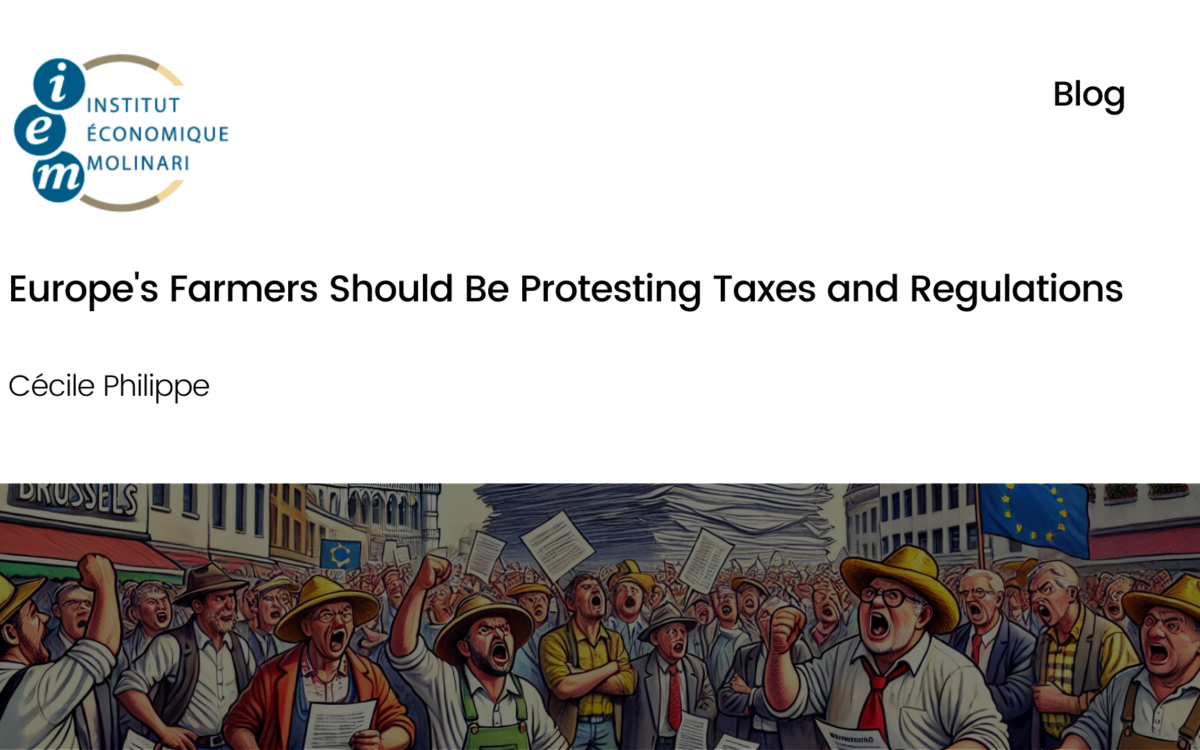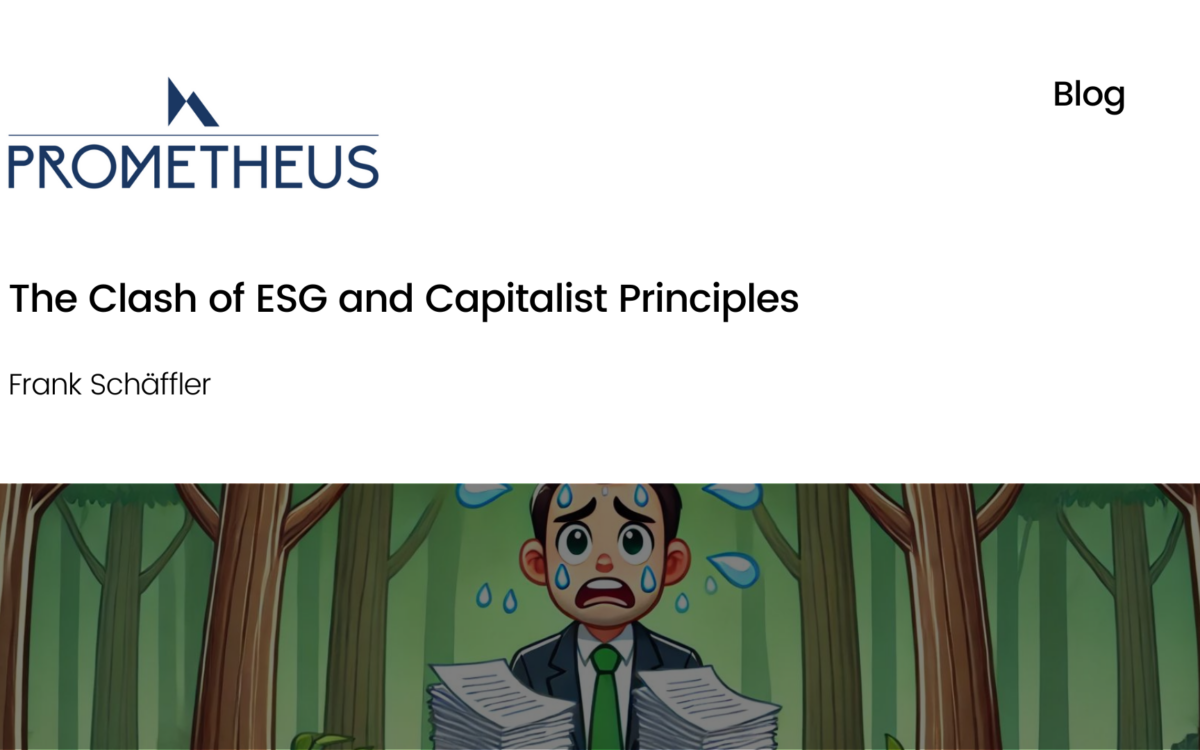Free Trade Vs National Security: Insights From Adam Smith

Free Trade Vs National Security: Insights From Adam Smith
Dr. Edwin van der Haar // 09 January 2024
Classical liberals are rightly known for their fierce defence of free trade. Free trade makes us richer, fosters efficiency and technological innovation, and as David Hume pointed out in his essay Of the Jealousy of Trade (1758), it also promotes worthwhile cultural exchange. However, as his friend Adam Smith emphasized in book IV of The Wealth of Nations, trade sometimes needs to be limited, not least because ‘defence is of much more importance than opulence’. It is not much use being prosperous if one is not free, and therefore security threats are good reasons to forego economic opportunities. According to Smith, it was perfectly justified to burden foreign traders for the encouragement of domestic industry when this was needed for national defence. He supported the protectionist Navigation Acts (mainly directed against the Dutch), which gave the British a monopoly of the trade to their own country. He thought this was needed because ‘the defence of Great Britain depended upon the number of its sailors and shipping’.
Although our current threats to national defence differ, these Smithian insights are of still relevant, as world politics is more turbulent than it has been for the past decades. This means that in some areas, some limits to our openness to international commerce may be justified, even though free trade is one of the greatest classical liberal ideals. Of course, there has never been completely free international trade; there has always been government interference, from Ancient Greece onwards. The World Trade Organization is also a second-best arrangement, even if it was fully functional, which has sadly not been the case for many years now. Still, the benefits of even limited free trade are spectacular. As has been described by Johan Norberg, Jagdish Bhagwati, Martin Wolf, and many others, the increase in trade and globalisation of the past decades tremendously increased the global ‘economic pie’, lifted millions of people out of poverty and misery, and gave many others a chance of a richer, better and healthier life. Therefore, arguments to restrict trade in certain areas should not be made casually.
Yet it is time to return to Smith, because there is more to trade policy than just increasing prosperity. Post-Cold War (classical liberal) optimism about ever increasing globalisation and world trade was a little over-enthusiastic. Many people expected all nations on earth to eagerly embrace the open world economy, to participate in the modern global political economy and participate in the relevant international institutions. That would have indeed benefitted everybody on our planet, however it has only partly materialised. Especially the leaders of Russia and China have made clear they do not share these goals, the underlying moral individualist framework, nor are they willing to play by the international rules undergirding the international world economy, even though they voluntarily signed up to them. Both countries are threats to the security of the West, and both are able to abuse the current trading system to their advantage.
In this situation it must be acknowledged that globalisation and the outsourcing of production also lead to vulnerability to the malign actions of such countries. Especially when they have the power to stop or hinder trade in strategically important goods, minerals and other resources, while the increased digitalisation of our world also leads to cyber-security concerns.
In this context is relevant to acknowledge another Smithian insight: trade does not foster peace. Smith did not think that an increase in free trade would take away all sources of international conflict, he was only too aware of the enduring human propensity to quarrel and fight, at all levels, including international politics. True, he once wrote that ‘commerce ought naturally to be among nations and individuals a bond of union and friendship’, but Smith noted in the same sentence that instead commerce had become a fertile source of discord and animosity. He also warned that richer nations can and will also afford increased military procurement and did not think that trade promoted a natural harmony of interests.
A simplistic call to increase free trade to make the world a more peaceful place is not the proper classical liberal answer to current affairs. Some limitation of trade is in order, but this needs to be as small as possible in order to continue to reap the benefits of global trade. The threat of protectionism is always around, especially in the current anti-capitalistic climate in many Western countries. So this is going to be difficult. Foremost it is essential to carefully map which goods and services are really essential to national defence (with a margin to err on the cautious side in case of so-called dual use goods and services, which can be used for both military and civilian purposes). In addition there needs to be an honest assessment of supply chain vulnerabilities. If goods and services are available, or natural resources mineable, at multiple locations and countries, there surely is no need to restrict trade. Needless to say there are many forms of temporary or permanent restriction, from regulation, through specific retaliatory measures to an outright trade embargo. Important to note is that this plea is not unusual, safeguards and exceptions have always been part of international trade agreements, also in the domain of national security.
For a few years now, the European Union has debated ‘strategic autonomy’, loosely defined as ‘the wish to keep (a common) technological and industrial base for EU defence’. It nicely shows the strengths and dangers of the discussion. There are four initiatives under way which seek to redress the economic influence of authoritarian China in particular:
-
- Screening of foreign direct investment
-
- Stricter rules for government procurement
-
- Stricter action against foreign subsidies
-
- Ensure access to raw materials
In addition, the EU is developing policies to take action against undue coercion from one state to another (China bullying Lithuania was a recent case), and is drafting emergency rules for the protection of the internal market. Most of these ideas, although in good EU fashion still rather vague, are good steps, which could also be considered by other Western countries, if needed. Yet the third bullet also shows the dangers from a classical liberal perspective. Fighting foreign subsidies easily opens the door for misplaced ‘level playing field’ and other protectionist arguments.
Nevertheless, it needs to be done. One must not be naïve; some countries have different objectives than to foster global trade. To leave that unanswered could seriously threaten our freedom. Therefore, fully in line with Smith, it is better to accept a little less wealth and less open trade. Our defence remains of much more importance than our opulence. Also in 2024.
This blog was initially published by the Institute of Economic Affairs.
EPICENTER publications and contributions from our member think tanks are designed to promote the discussion of economic issues and the role of markets in solving economic and social problems. As with all EPICENTER publications, the views expressed here are those of the author and not EPICENTER or its member think tanks (which have no corporate view).



